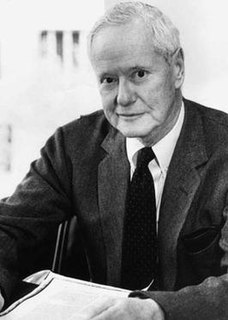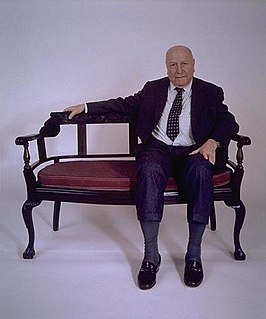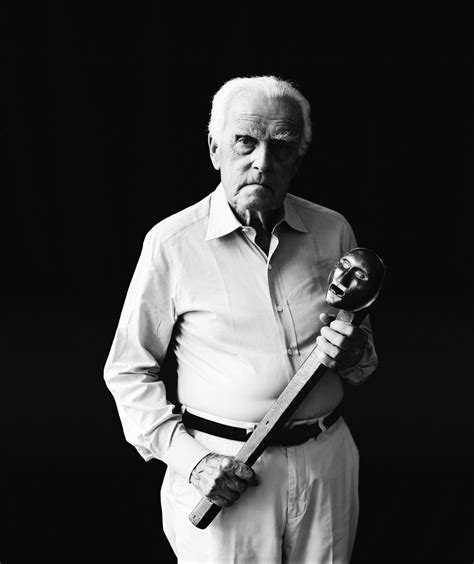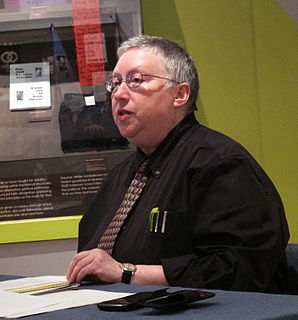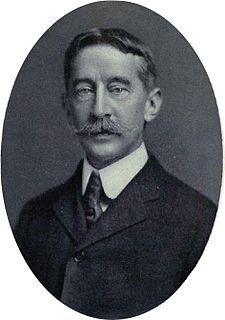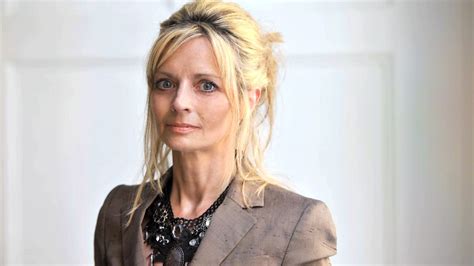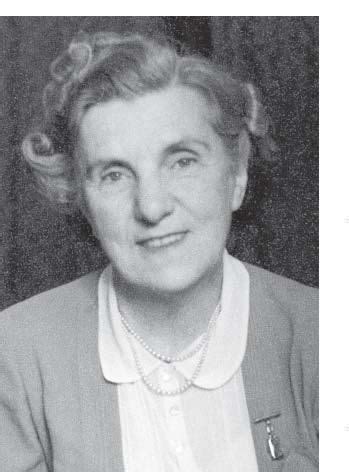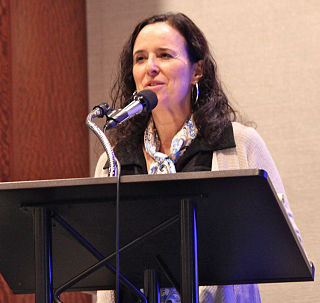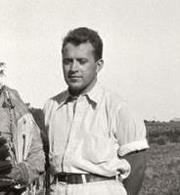A Quote by Talal Asad
Certainly in order to understand the natural world one needs clarity, logic, and the capacity for theory building. But that understanding tends to improve because and to the extent that it is provisional, hypothetical, when it looks for disconfirmation in the particular rather than final proof as a universal.
Related Quotes
This idea of imposing an order is very interesting to me. Photography is in essence an analytic medium. … In photography, you start with the whole world and every decision you make imposes an order on it. The question is to what extent it’s an idealized order I’m imposing or is it an order that grows out of what the world looks like.
When scientists need to explain difficult points of theory, illustration by hypothetical example - rather than by total abstraction - works well (perhaps indispensably) as a rhetorical device. Such cases do not function as speculations in the pejorative sense - as silly stories that provide insight into complex mechanisms - but rather as idealized illustrations to exemplify a difficult point of theory. (Other fields, like philosophy and the law, use such conjectural cases as a standard device.
In [Aristotle's] formal logic, thought is organized in a manner very different from that of the Platonic dialogue. In this formal logic, thought is indifferent toward its objects. Whether they are mental or physical, whether they pertain to society or to nature, they become subject to the same general laws of organization, calculation, and conclusion - but they do so as fungible signs or symbols, in abstraction from their particular "substance." This general quality (quantitative quality) is the precondition of law and order - in logic as well as in society - the price of universal control.
Max Weber was right in subscribing to the view that one need not be Caesar in order to understand Caesar. But there is a temptation for us theoretical sociologists to act sometimes as though it is not necessary even to study Caesar in order to understand him. Yet we know that the interplay of theory and research makes both for understanding of the specific case and expansion of the general rule.
Christ's miracles were not the suspension of the natural order but the restoration of the natural order. They were a reminder of what once was prior to the fall and a preview of what will eventually be a universal reality once again--a world of peace and justice,
without death, disease, or conflict.
On the theory of natural selection we can clearly understand the full meaning of that old canon in natural history, “Natura non facit saltum.” This canon, if we look only to the present inhabitants of the world, is not strictly correct, but if we include all those of past times, it must by my theory be strictly true.
With this book in my hands, reading aloud to my friends, questioning them, explaining to them, I was made clearly to understand that I had no friends, that I was alone in the world. Because in not understanding the meaning of the words, neither I nor my friends, one thing became very clear and that was that there were ways of not understanding and that the difference between the non-understanding of one individual and the non-understanding of another created a world of terra firma even more solid than differences of understanding.












